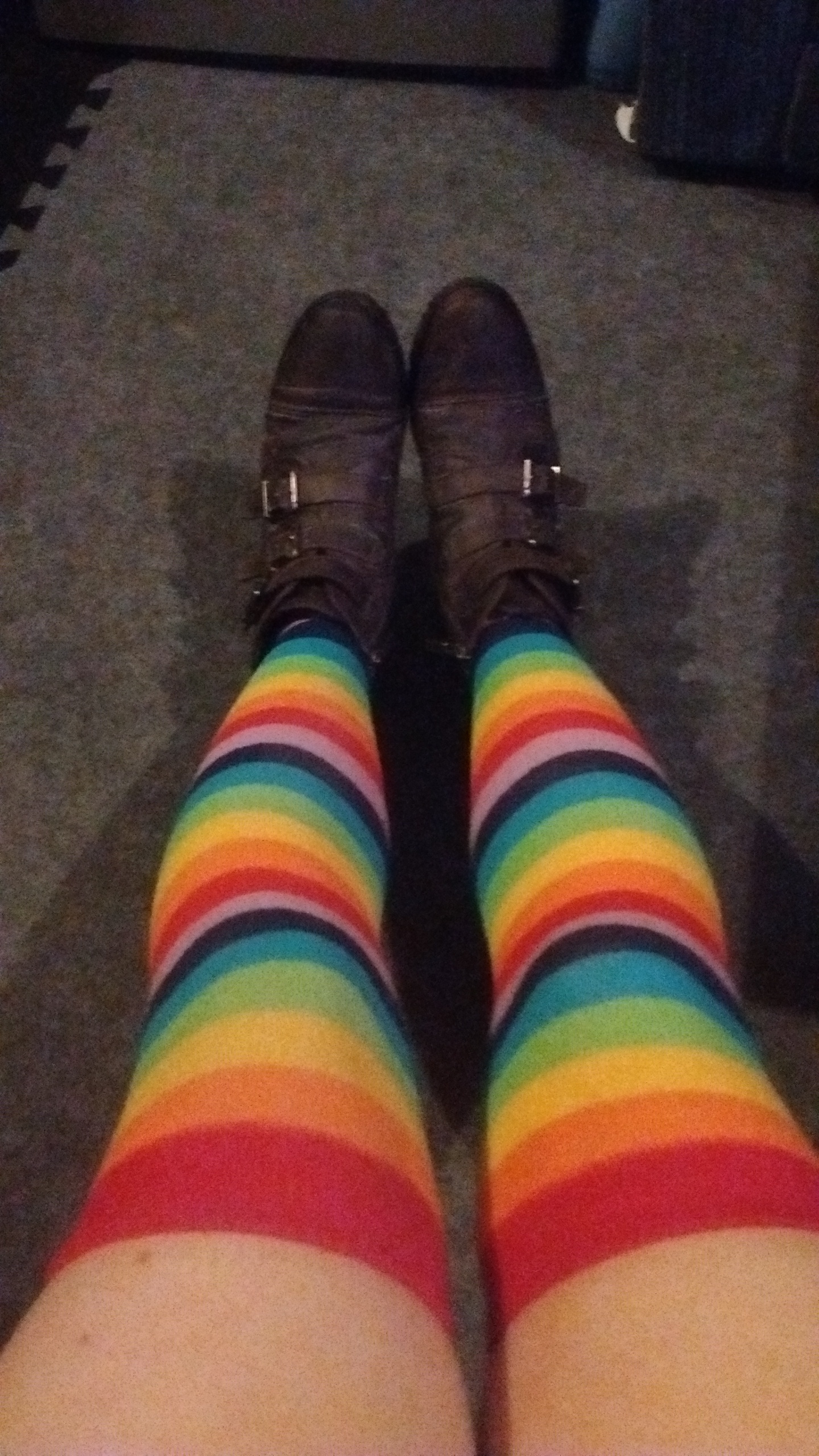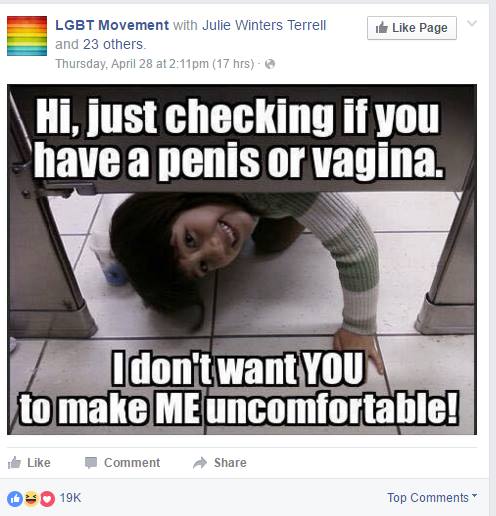=AtG=
I’ve encountered a few interesting conversations on some trans groups with a predominantly trans masculine membership. A few of these conversations blew up about toxic masculinity and “passing.” As these groups probably wouldn’t appreciate direct links to their private chats, I’m just going to try and represent the conversation with my own words.
Content Notice for cissexism, heterosexism, and (obviously) toxic masculinity.
To begin, a few disclaimers:
- This is my opinion, not concrete fact and definitely not research data.
- I’m a trans woman, not a trans man; however, I’ve experienced toxic masculinity from within as well as without, and I’m obviously aware of identity policing given the slough of anti-trans hate groups on the interwebs and in various governments.
- I’m not linking directly to the source material because haters already periodically disrupt activity with trolling, we really don’t need to give them help.
- I could link to examples of toxic masculinity (discussed below), but that would increase traffic to MRA sites and seriously, it hurts my brain to be anywhere near that shit. If you really need confirmation, just go to an MRA site and read like the first 3 articles.
- Some of the material discussed here is transferable to femininity and trans women; however, that is not today’s topic, so I’m not going to constantly qualify my analysis by saying “this affects trans women too.”
Part One: “Passing”
I put “passing” in quotation marks because it’s a really problematic concept. It works something like this:
- Someone decides, usually after protracted questioning, that they are transgender and need to transition.
- They experiment with their gender expression to see what feels right.
- They get unsolicited tips on how to “look like a cisgender man/woman.”
- It is never questioned on whether said trans person wants or needs to “look cis.”
Passing is the act of a trans person going about their life without anybody knowing they’re trans until/if they disclose.
The assumption that all trans people want to look cis can come from a few different angles. Maybe someone believes that looking trans is bad–and they’d be right, but only because of the discrimination cis folk feel entitled to enact on trans folk, not because gender variance is inherently wrong or gender norms are inherently right. Maybe someone believes that all trans people want to “look cis,” which isn’t always true. Thirdly, there is almost always the assumption that men and women “look” a certain way, which informs the whole “looking cis” business.
Of course, men and women don’t have just one look, and when people feel the need to police or “correct” trans folk’s gender expressions, what they typically have in mind is conventional masculinity or femininity. That even cis people occasionally choose to deviate from gender norms is lost on them. “Looking cis” is never defined except in nebulous terms relying on other people’s judgement.
People will make a guess about a person’s gender based on more than just their appearance. There is also the matter of their behaviour and body language.


